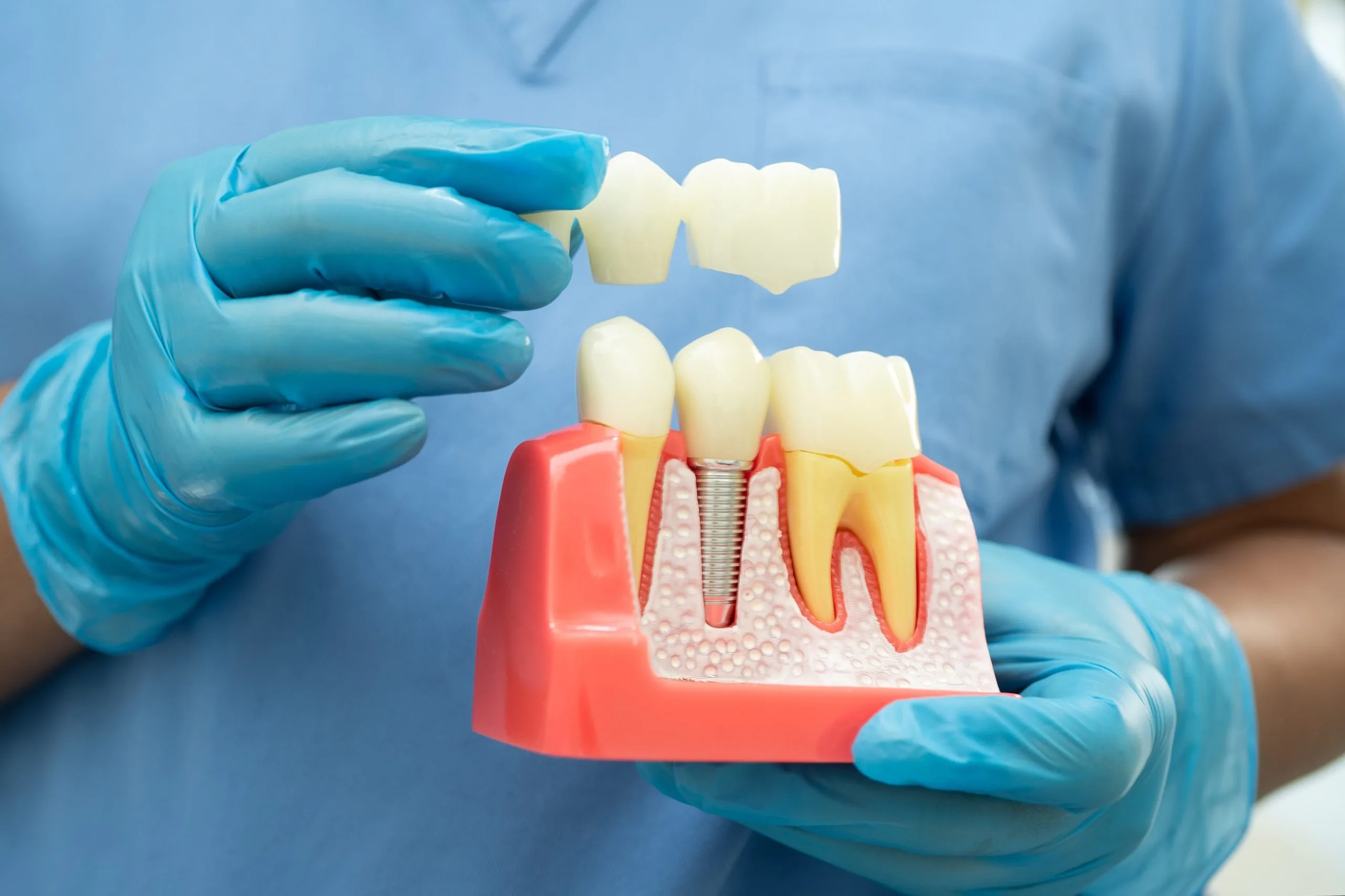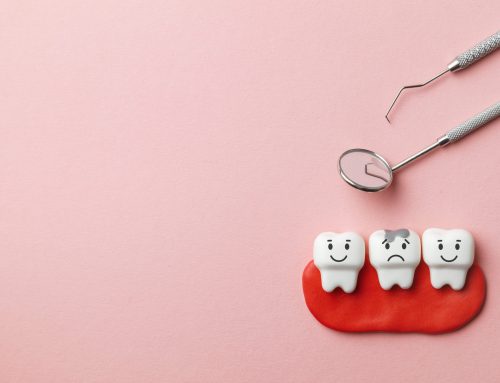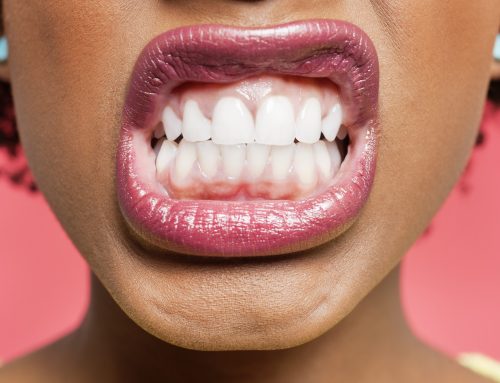When preserving a healthy smile, dental crowns play a pivotal role. Whether you’ve experienced tooth damage or just want to enhance your pearly whites, choosing the right type of dental crown is essential. With a variety of options available, it can take time to determine which dental crown suits your needs best. In this post, we’ll walk you through the different types of dental crowns, their pros and cons, and help you make an informed choice for your oral health.
What Are Dental Crowns?
Dental crowns are like little caps for your teeth. They fit snugly over damaged or decayed teeth, restoring their shape, size, and function. Crowns are a standard solution when a filling isn’t enough to solve the problem or when a tooth is cracked, worn down, or otherwise weakened. By placing a crown, dentists can save a tooth that might otherwise need to be extracted.
When Are Dental Crowns Recommended?
You’ll typically need a crown after a root canal, a large filling, or if a tooth is severely decayed. Crowns are also used to anchor dental bridges or cover dental implants. Dental crowns are recommended when you need a durable, long-lasting solution to protect and strengthen a tooth.
Types of Dental Crowns
When selecting the right dental crown, it’s important to understand the various options available to you. Each type of crown offers distinct advantages and may be suited to different situations depending on your specific dental needs and lifestyle.
Let’s take a closer look at the common types of dental crowns available so you can feel confident in your decision and ensure your smile not only looks fantastic but also stays healthy and strong:
Porcelain Crowns
Please note that these are the same as ceramic other than options for materials . Zirconia crowns, which are ceramic esthetic, are now as strong as, or if not stronger than, metal crowns.
Porcelain crowns are the aesthetic champions of dental restoration. They’re crafted from high-quality ceramic that mimics the look of natural teeth, making them a popular choice for front teeth. Porcelain’s translucency allows light to pass through, creating a lifelike sheen that blends seamlessly with your smile. If you’re looking for a crown that no one will notice, porcelain might be your best bet.
Pros: Porcelain crowns are known for their natural appearance and are free from metal, making them a good choice for people with metal allergies. They blend seamlessly with your other teeth and maintain their colour well over time.
Cons: Unfortunately, porcelain crowns are less durable certain ones that are lithium disilicate than their metal counterparts. They may chip or break more easily, especially if you often eat hard, crunchy foods.
Metal Crowns
Metal crowns are known for strength and durability. These crowns are often made from gold alloys, palladium, or base-metal alloys like nickel or chromium. While they lack the natural appearance of porcelain, they excel in areas requiring heavy chewing, such as molars. Metal crowns are built to withstand the forces of biting and grinding, ensuring long-lasting protection.
Pros: Metal crowns offer strength and longevity. They’re great for molars and withstand years of wear and tear.
Cons: The most significant drawback of metal crowns is their metallic appearance, which doesn’t blend with natural teeth. This makes them less suitable for visible front teeth or for those concerned about aesthetics. Additionally, some individuals may experience allergic reactions to certain metals used in the crowns, such as nickel. Also cost due to gold prices for gold metal.
Ceramic Crowns (same as porcelain)
Ceramic crowns offer a metal-free solution for those with metal allergies and are similar to porcelain. Made from advanced dental ceramics, these crowns provide a natural appearance and are gentle on gums. They’re ideal for patients who prioritize aesthetics but require a durable solution. Ceramic crowns are often used for front teeth, where appearance is paramount.
Pros: Highly aesthetic and perfect for front teeth. They’re metal-free, making them a safe choice for those with allergies. The zirconia ceramic crowns are as strong or, if not stronger, than metal crowns.
Cons: While they look beautiful, they might not last as long as metal crowns, especially on back teeth where chewing force is greater. Zirconia crowns are esthetic and as strong or stronger than metal making them ideal for back teeth. Please note that Zirconia crowns strike a balance more so than PFM crowns for beauty and strength.
Porcelain-Fused-to-Metal (PFM) Crowns
Combine the benefits of metal and porcelain, and you get the versatile PFM crown. These crowns offer a similar aesthetic appeal to porcelain with the added strength of a metal core. PFM crowns are excellent for both front and back teeth, balancing durability and appearance. However, the metal underneath may become visible at the gum line over time, and they aren’t as aesthetically pleasing as porcelain.
Pros: PFM crowns strike a balance between strength and beauty. They provide a strong core with a porcelain overlay that resembles a natural tooth.
Cons: The metal may show through over time, especially if you have receding gums. They can also wear down opposing teeth due to their hardness. Porcelain fused to metal is not as aesthetically pleasing as zirconia and is known to be prone to fracturing.
Resin Crowns
Resin crowns are a budget-friendly option in the crown family. They’re made of composite resin, which also makes them easier to work with compared to other materials. However, they don’t offer the same level of durability and are often used as temporary solutions. Resin crowns are suitable for short-term fixes while waiting for a permanent crown.
Pros: Resin crowns are cost-effective and easy to place. They’re perfect as a temporary solution or for those on a tight budget.
Cons: They’re not as durable or long-lasting as other options, and they can wear down or discolour over time.
Finding Your Perfect Match
Selecting the right dental crown can feel overwhelming, but understanding the available options can make the process simpler and more reassuring. Here’s a quick guide to help you find the crown that best fits your needs, preferences, and lifestyle:
Aesthetic Preferences
Your crown should feel like a part of you. Consider whether you want something that looks as natural as possible or if you’re willing to trade aesthetics for durability. Porcelain and ceramic excel in looks, while metals offer unparalleled strength.
Functional Needs
Think about where the crown will be placed. Molars that endure heavy chewing benefit from metal crowns, whereas front teeth are better suited for porcelain or ceramic to maintain your smile’s natural beauty.
Budget Considerations
Your financial situation will naturally play a role in your decision. Resin crowns can be cost-effective, but investing in porcelain or metal may offer better long-term value. It’s important to weigh initial costs against potential future expenses.
Allergic Reactions and Sensitivities
If you have any known material allergies, make sure to discuss this with your dentist. Ceramic crowns are an excellent option for those sensitive to metals, ensuring comfort and safety.
Dental crowns are invaluable in restoring damaged teeth, offering protection and aesthetic appeal. By understanding the different types of crowns available and their benefits and drawbacks, you can make an informed decision tailored to your needs.
At Somerset Dental, we pride ourselves on guiding our patients through these choices with care and expertise. We understand that each smile is unique and are here to ensure yours shines brightly. If you’re in Calgary, we invite you to consult with us for personalized advice and treatment options. We even offer same-day dental crowns in Calgary!
Contact us today to schedule your consultation and explore the best crown options for your dental needs.
Have you ever considered which type of dental crown might be best for your specific needs and lifestyle? What are your top priorities when choosing dental care solutions—strength, aesthetics, or cost-effectiveness? Share your perspective with us by commenting below!






Leave A Comment